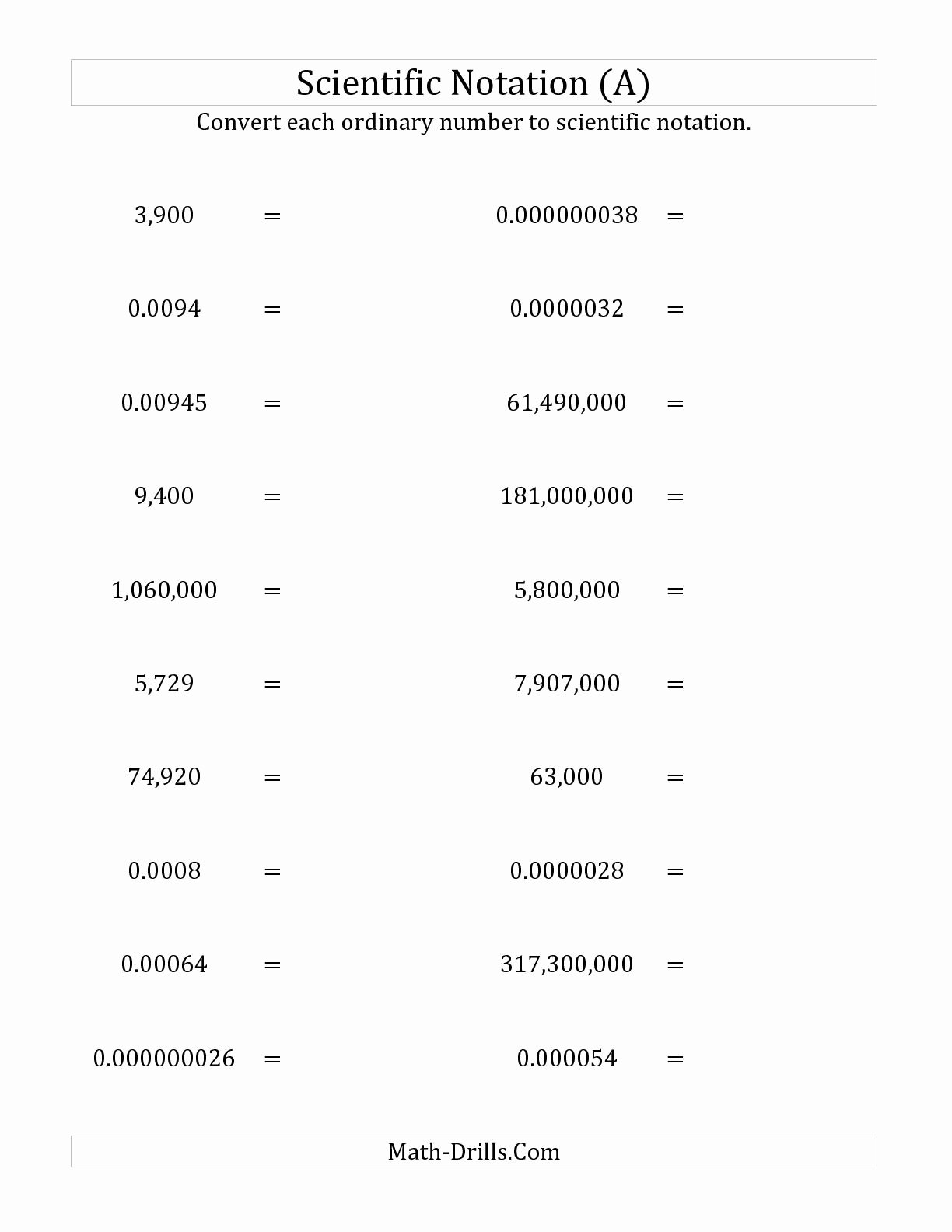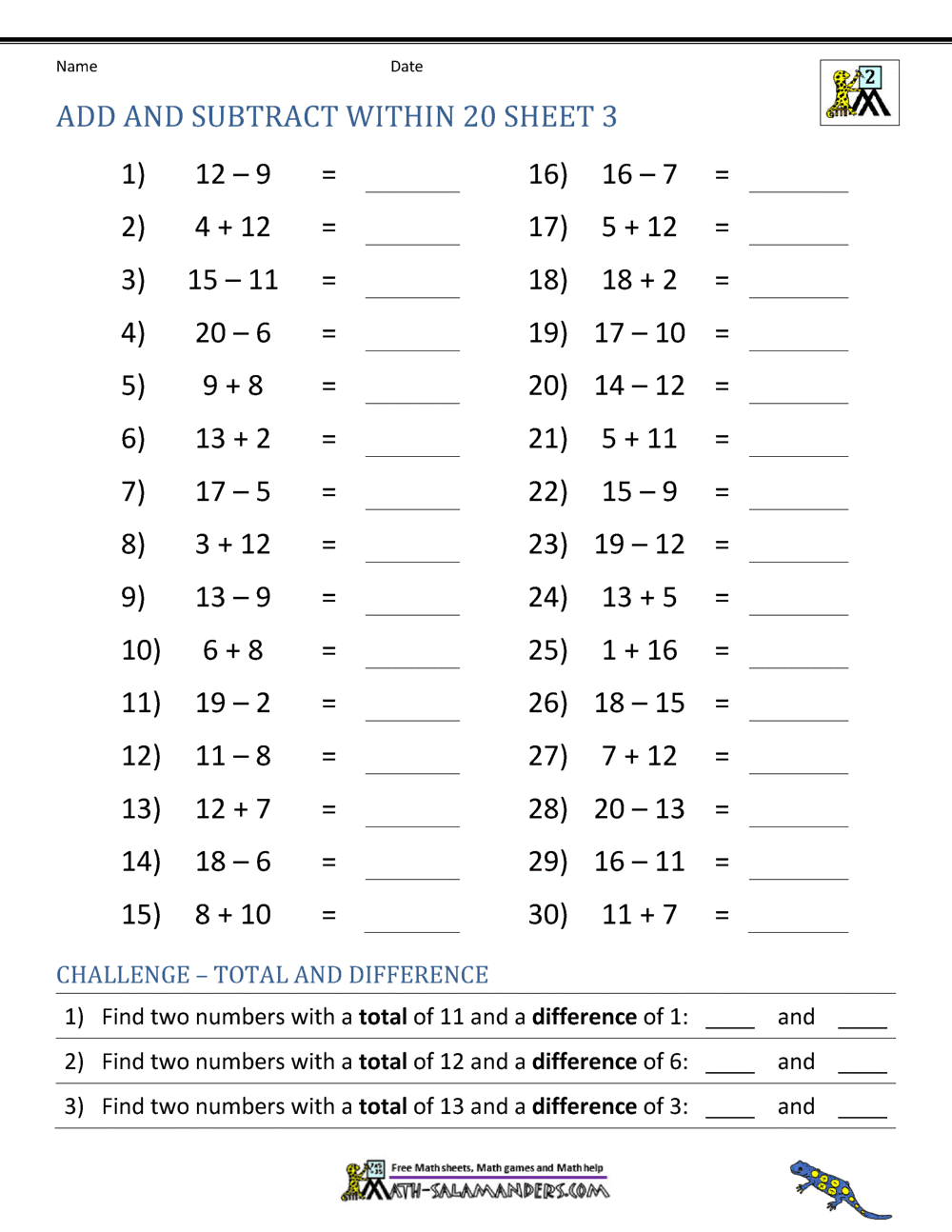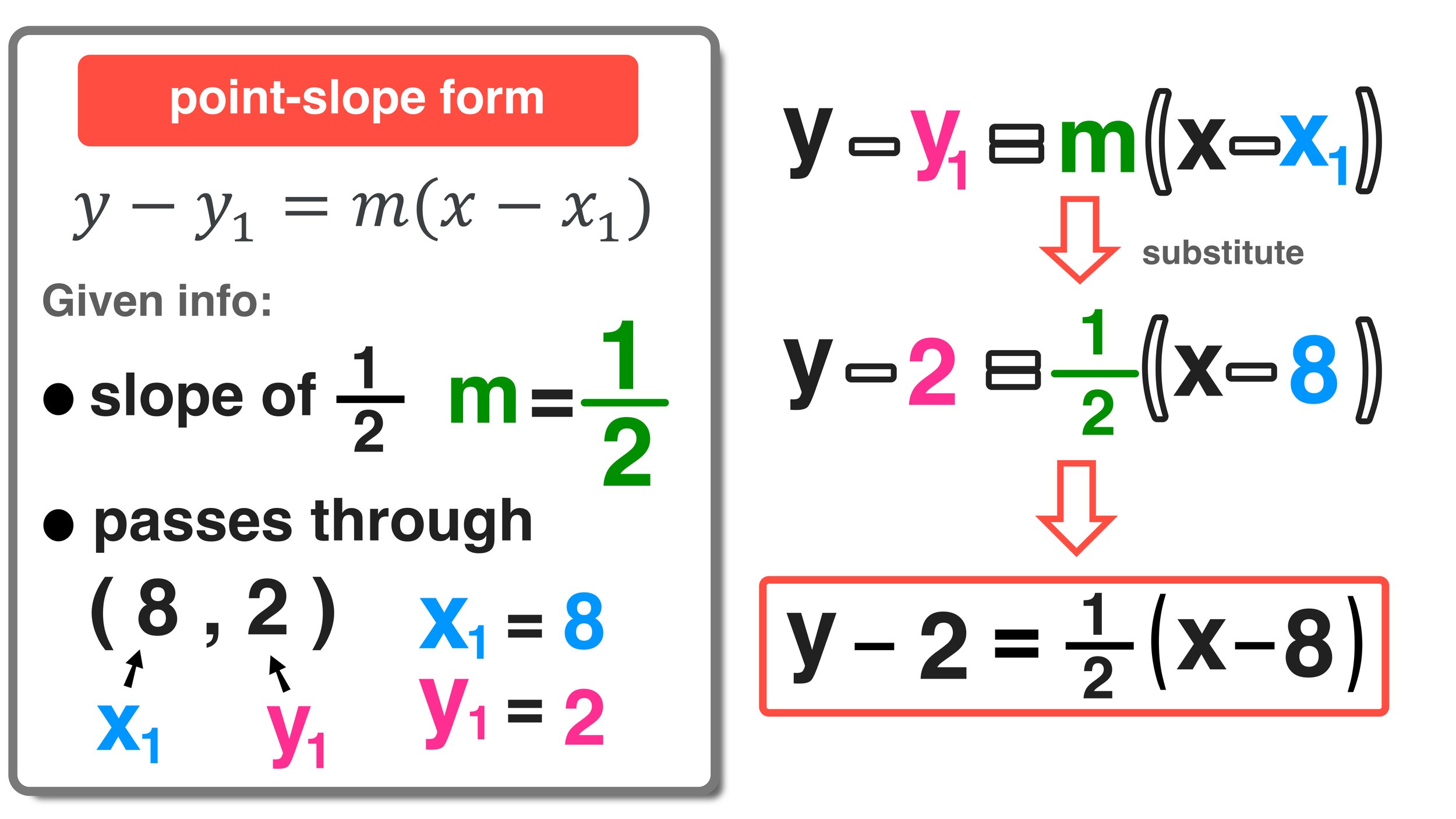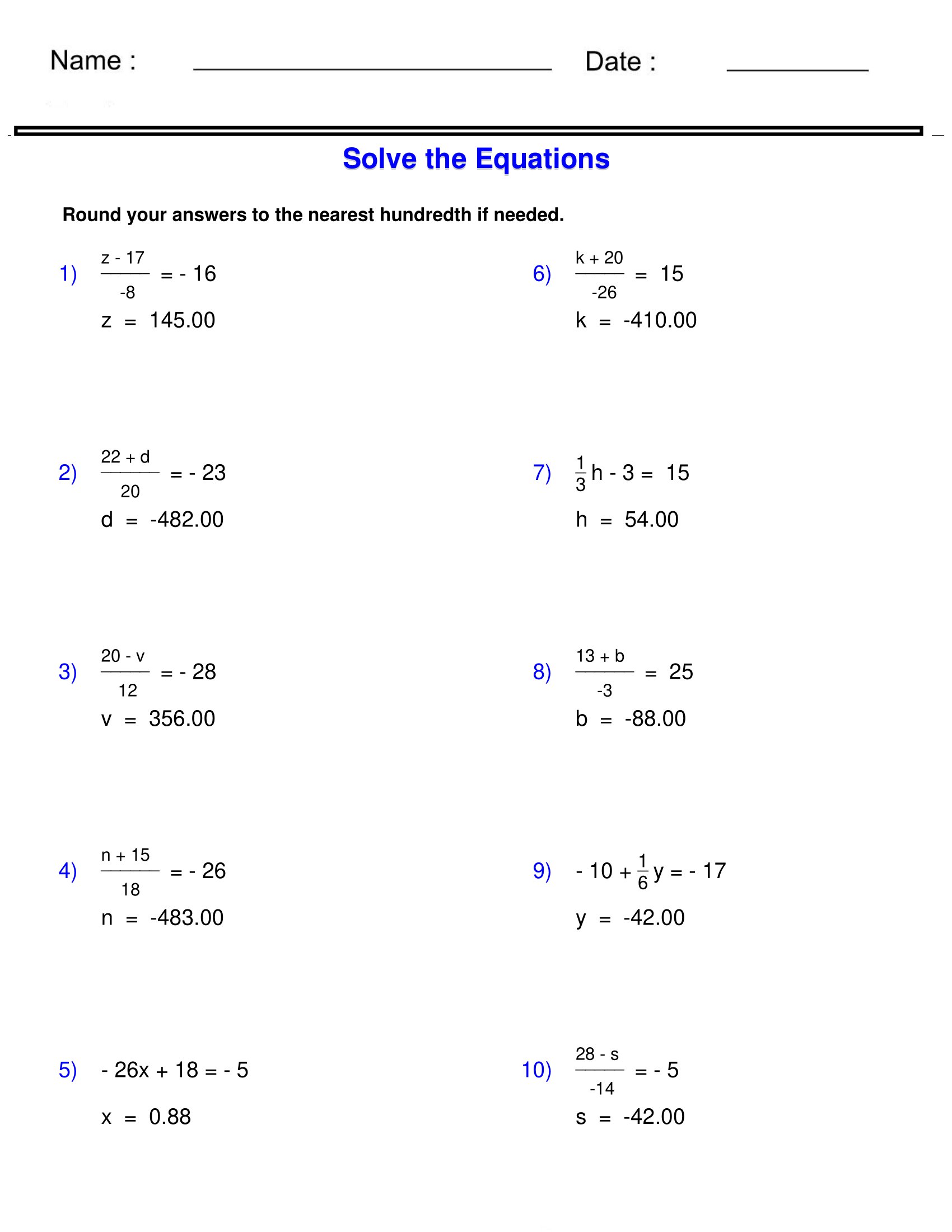The Sixties and Vietnam War Study Guide

Understanding the Sixties and the Vietnam War
The 1960s was a transformative period in American history, marked by significant cultural, social, and political changes. The Vietnam War, which lasted from 1959 to 1975, played a pivotal role in shaping the decade’s events. This study guide will delve into the key aspects of the Sixties and the Vietnam War, exploring their causes, consequences, and lasting impacts.
The Sixties: A Decade of Change
The Sixties was a decade of tremendous social and cultural upheaval. Some of the key events and movements that defined the era include:
- The Civil Rights Movement: Led by figures such as Martin Luther King Jr., the movement sought to end racial segregation and discrimination in the United States. Key events included the March on Washington (1963), the Selma to Montgomery Marches (1965), and the passage of the Civil Rights Act (1964) and Voting Rights Act (1965).
- The Women’s Liberation Movement: The movement aimed to promote women’s rights and equality, with notable events including the publication of Betty Friedan’s “The Feminine Mystique” (1963) and the formation of the National Organization for Women (NOW) in 1966.
- The Counterculture Movement: Characterized by a rejection of mainstream values, the counterculture movement encompassed the hippie movement, the emergence of new musical genres such as rock and roll and folk rock, and the proliferation of underground newspapers and alternative media.
- Space Exploration: The Sixties saw significant advances in space exploration, including the first American in space (Alan Shepard, 1961), the first American to orbit the Earth (John Glenn, 1962), and the Apollo 11 moon landing (1969).
The Vietnam War: A Conflict of Controversy
The Vietnam War was a protracted and complex conflict that began in the late 1950s and continued until 1975. The war was fought between the communist North Vietnam, supported by China and the Soviet Union, and the government of South Vietnam and its main ally, the United States.
- Causes of the War: The Vietnam War was sparked by the division of Vietnam into North and South following the Geneva Accords (1954). The communist North sought to reunify the country under its control, while the South, backed by the United States, aimed to maintain its independence.
- Escalation of the War: The war escalated significantly in the early 1960s, with the Gulf of Tonkin incident (1964) and the subsequent passage of the Gulf of Tonkin Resolution, which granted President Lyndon B. Johnson the authority to conduct military operations in Southeast Asia without a formal declaration of war.
- Tactics and Strategies: The war saw the employment of various tactics and strategies, including guerrilla warfare, search and destroy missions, and the use of napalm and Agent Orange.
- Protest and Opposition: As the war dragged on, opposition to the conflict grew, with widespread protests and demonstrations taking place across the United States. Notable events included the Moratorium to End the War in Vietnam (1969) and the Kent State shootings (1970).
Key Players and Events
- Lyndon B. Johnson: The 36th President of the United States, Johnson played a significant role in escalating American involvement in the Vietnam War.
- Richard Nixon: The 37th President of the United States, Nixon implemented a policy of “Vietnamization,” aimed at gradually withdrawing American troops from the conflict.
- Ho Chi Minh: The leader of North Vietnam, Ho Chi Minh was a key figure in the fight against French colonial rule and later against the United States.
- Robert McNamara: The Secretary of Defense under Johnson and Nixon, McNamara was a key architect of American strategy in the Vietnam War.
- The Tet Offensive: A surprise attack launched by the North Vietnamese Army (NVA) and the Viet Cong (VC) in 1968, the Tet Offensive marked a turning point in the war, as it showed that the communist forces were still capable of launching large-scale attacks despite the heavy casualties they had suffered.
Lasting Impacts
- The Anti-War Movement: The Vietnam War sparked a massive anti-war movement in the United States, which had a lasting impact on American politics and society.
- The Impact on American Society: The war contributed to a growing distrust of government and institutions, as well as a increased polarization of American society.
- The Legacy of the War: The Vietnam War remains a contentious and complex issue, with ongoing debates about its causes, consequences, and lessons.
📝 Note: The Vietnam War was a highly complex and multifaceted conflict, and this study guide provides only a brief overview of the key events and themes. Further research and exploration are recommended to gain a deeper understanding of this significant period in American history.
In conclusion, the Sixties and the Vietnam War were inextricably linked, with the conflict playing a significant role in shaping the decade’s events and societal changes. Understanding the causes, consequences, and lasting impacts of the war is essential for gaining a deeper appreciation of this pivotal period in American history.
What were the main causes of the Vietnam War?
+The main causes of the Vietnam War were the division of Vietnam into North and South following the Geneva Accords (1954), the communist North’s attempt to reunify the country under its control, and the South’s desire to maintain its independence, backed by the United States.
What was the significance of the Tet Offensive?
+The Tet Offensive was a surprise attack launched by the North Vietnamese Army (NVA) and the Viet Cong (VC) in 1968, which marked a turning point in the war, as it showed that the communist forces were still capable of launching large-scale attacks despite the heavy casualties they had suffered.
What were the lasting impacts of the Vietnam War on American society?
+The Vietnam War contributed to a growing distrust of government and institutions, as well as an increased polarization of American society. The war also sparked a massive anti-war movement, which had a lasting impact on American politics and society.
Related Terms:
- Cnn the sixties quizlet



